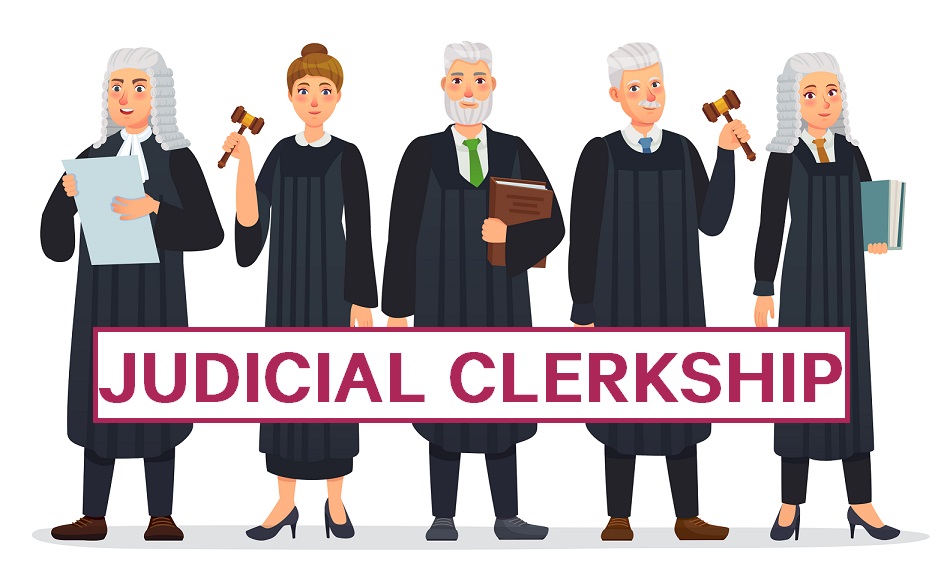Summary: A resolution that would remove several questions about mental health on bar applications has been proposed and is set to be discussed next week by the ABA’s House of Delegates.
Lisa McElroy is a tenured professor at Drexel University Thomas R. Kline School of Law. Two years ago, she revealed her battle with severe anxiety in a Slate article. Since that time, she has advocated for other attorneys and students with mental illness, the National Law Journal reports.
McElroy receives calls and emails from individuals in the legal profession who need advice or just want to air their frustrations with the negativity associated with mental illness.
McElroy said, “I’ve gotten terrible stories from people who write to say they know someone who committed suicide because they were afraid to seek help and be diagnosed. It’s completely stigmatized in the legal profession.”
Last December, Yale Law School released a report on mental health.
Next week, the American Bar Association’s House of Delegates will meet to discuss a resolution that encourages attorney licensing bodies to remove questions about mental health history during the character-and-fitness review procedures.
The resolution is co-sponsored by the ABA’s Commission on Disability Rights and Section of Individual Rights and Responsibilities. It suggests that questions should only target conduct that would impair one’s ability to practice law, instead of asking about any diagnoses or treatment the candidate has received. In an article from 2014, Slate noted that students who choose to keep their mental health matters private—by refusing to answer mental health questions on the bar application—likely just threw away the $150,000 or more they just spent on law school.
Mark Schickman, an attorney at Freeland Cooper & Foreman and the chairman of the rights and responsibilities section, said, “Disability law has developed over the past 20 years, and it’s pretty clear that you can’t simply ask about a history of disability. It’s unlawful in many contexts and inherently discriminatory. It’s time for this rule to catch up.”
Additionally, these questions invade candidates’ privacy and may discourage them from seeking treatment for fear that they will not become licensed, Schickman added.
Although the licensing bodies would not be bound by the resolution, ABA policies do carry a significant amount of weight, according to Erica Moeser, the president of the National Conference of Bar Examiners.
Moeser’s group opposes the resolution because they feel it limits the ability of judges and licensing boards to determine what questions are appropriate for incoming attorneys. She explained that character-and-fitness reviews are in place to protect the public, and that privacy rights must be balanced with the public interest.
Moeser remarked, “[The resolution] is rather extreme in its view that no questions about a candidate’s mental health are appropriate. That’s a position with which most bar examiners would disagree. We think it’s important that candidates establish affirmatively that they are fit to carry out that duty.”
Read about lawyers and clinical depression here.
Schickman added that the West Virginia Judiciary’s Board of Law Examiners has filed an objection letter, arguing that mental health questions are useful.
The admissions committee of the ABA’s Section of Legal Education and Admissions to the Bar, which is a separate branch of the ABA that oversees law schools, has recommended further study. The committee said that the resolution is “vague and poorly crafted,” and that it was unclear whether the drafters consulted with mental health professionals.
McElroy said the elimination of these questions is overdue. “Diagnosis does not equal problem,” she declared.
High rates of depression and suicide abound within the legal profession. The American Psychological Association has stated that attorneys are 3.6 times more likely than non-attorneys to suffer from depression. Many bar associations have implemented lawyer-assistance programs to help attorneys with depression, substance abuse, or other issues.
The debate about mental health questions on new-attorney applications dates back to at least 1990, when the Americans With Disabilities Act was enacted. Four years later, the ABA tried to make mental health questions more specific, but did not call for the removal of such questions.
Last year, the Department of Justice told Louisiana that its bar application, which included several questions about mental health treatment and diagnoses, violated the ADA. The Louisiana Supreme Court settled the case and agreed to focus on the conduct and behavior of its applicants.
The Justice Department said that mental health history and treatment are not useful in predicting malpractice or misconduct in the future. According to the ABA Journal, questions about behavior, but not mental health status, may be examined.
A Stanford Law professor helps students cope with stress.
Those candidates who do disclose histories of mental illness may face further interviews or psychiatric exams, or they may be asked to submit medical records. A report submitted by the sponsors of the resolution said, “These practices impose significant expense, delays and invasions of privacy on applicants with disabilities.”
Some states have already removed mental health questions from their applications, Mark Agrast, the chairman of the ABA’s Commission on Disability Rights said. “Some of them are already doing the right thing, but the majority of the state still include questions about mental health conditions.”
The sponsors have discussed amendments to the resolution that allow the licensing bodies to request additional information of a candidate discloses a mental health condition.
Agrast said, “We think this is a rational proposal. It’s consistent with the research.”
Source: National Law Journal
Photo credit: empowermagazine.com, philly.com (McElroy)
















































